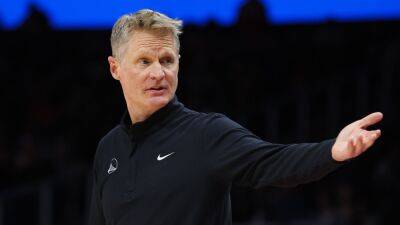Watch: The US dollar is the mightiest of all world currencies but is its position under threat?
For close to 80 years, the US dollar has reigned supreme as the world’s premier reserve currency.
It’s a state of affairs that gives the US what former french president, Valery Giscard d'Estaing famously termed its “exorbitant privilege” in world affairs.
Most financial transactions, international debt and global trade invoices are denominated in dollars and close to 60 per cent of global foreign exchange reserves were held in dollars as of 2021.
"Unlike other countries, the United States can meet their international obligations by printing money," explained Luca Fantacci, an economic historian at the University of Milan (Università degli Studi di Milano)
"Meaning that they have no budget constraints in making expenditures, loans or even grants abroad".
US dollar hegemony dates back to the Bretton Woods conference held in 1944 when 44 Allied nations during World War II agreed on the establishment of a new international monetary system.
There, the group of nations committed to pegging their currencies to the US dollar which in turn would be pegged to gold at a rate of $35 to 1 ounce (280 g) of gold.
According to Fantacci, nations hold foreign exchange reserves for two main reasons.
The first is so that countries can meet their foreign liabilities.
"They have to meet obligations with foreign banks and other economic actors. And the foreign exchange reserves are an instrument to meet those obligations," he explained.
The other reason countries hold foreign exchange reserves is to prop up their own currency when needed.
"Whenever there is a threat of a devaluation of a currency, what the central bank does is purchase its own currency on international markets," Fantacci told Euronews Next.
"In order to do that, they have to have a





